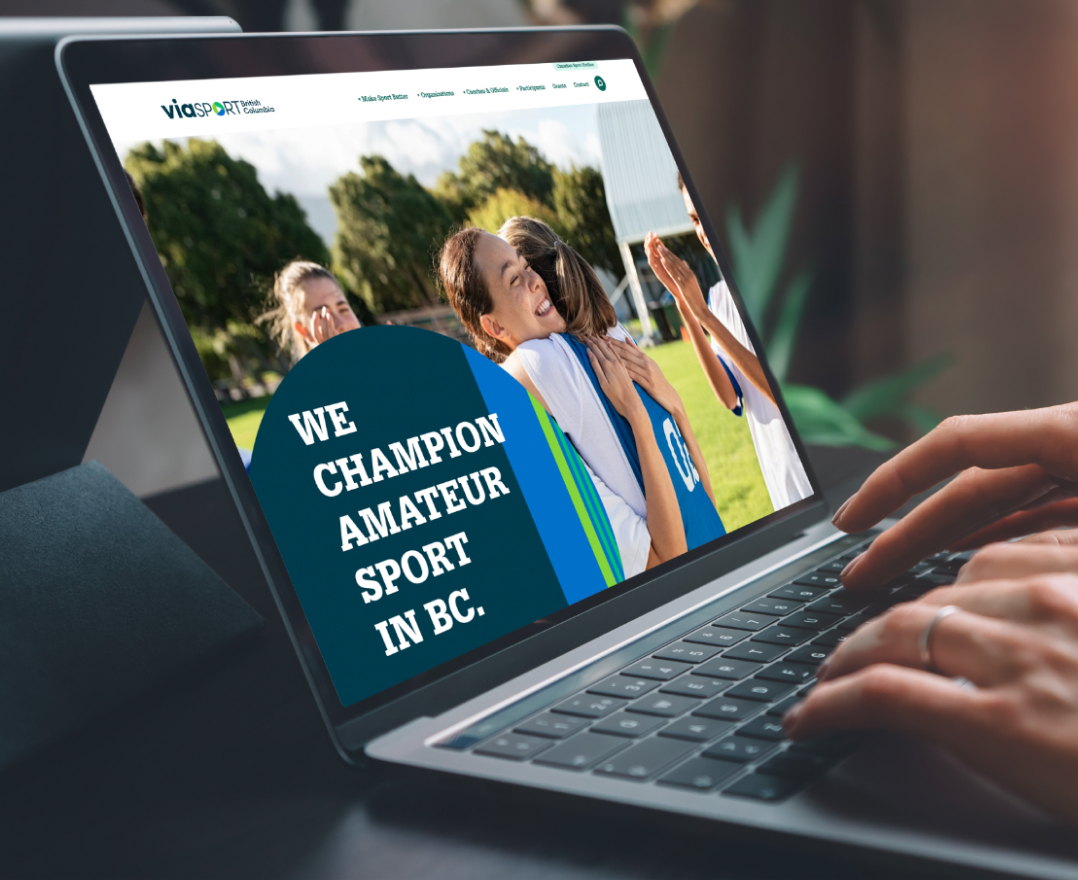Take time for reflection
Nov 04, 2016

Coaches may be good at critiquing their athletes, but what about themselves?
The process of reflection contributes to how coaches learn throughout their lives. The degree to which coaches are able to be reflective — and how willing they are to adapt and refine their thoughts and actions as a result — may be an indicator of the degree to which coaches are lifelong learners.
A 2009 Canadian study examining the habits of high performance coaches found these coaches were “always thinking” about coaching, pointing to the highly reflective nature of many of these high performance coaches (Werthner & Trudel). And a 2015 study reveals the important role of reflection in a wide variety of learning contexts in a group of parasport coaches (Taylor, Werthner, Culver & Callary).
There are many different reflection models that have been developed and applied in fields ranging from healthcare and education to business and, yes, sport coaching. During reflective learning, the learner seeks to identify, assess, and change the essential assumptions, beliefs, and theories which directly influence their actions. Knowledge cannot be simply transformed — in order for true learning to take place, the individual must be motivated to learn and be active in the reflective process.
In the High Performance Coaching and Technical Leadership program at the University of British Columbia, the process of coach reflection is embedded in each stream of the program. Coaches are introduced to a variety of ways to understand their own learning styles and given the opportunity to nurture their own reflective processes, from the coaching practicum (i.e., using reflective blog posts, journals, and discussion boards), to courses delivered on leadership and coaching effectiveness (i.e., readings on critical reflection and reflective practice, self-evaluations, etc.).
In order to evolve, coaches must become aware of and challenge their own “mental models” — these have been described as “deeply held internal images of how the world works, images that limit us to familiar ways of thinking and acting” (Senge, 1990). Often we are not even conscious of our own particular mental models and the effect they may have on our behaviour. The process of reflection helps increase our awareness. Coaches must learn to form a constructive way of critiquing not only their athletes, but also themselves, and honing skills such as debriefing and evaluating their own performance.
Research suggests the most effective coaching may be grounded in building a relevant knowledge base through a combination of practical coaching experiences, followed by a period of critical reflection. One reflective coach is Carolyn Murray, head coach of Triathlon Canada’s paratriathlon program, who is heading to the Rio Olympic Games with paratriathlon world champion, Stefan Daniel. Asked about her learning style and her reflective process, Murray says, “It never stops. Sometimes it will be a process I go through at night, after a day of training or competition. Often it happens during competition and I make sure I debrief with the athlete, other coaches, and try to learn from where the performance gaps are. It happens every day, in a variety of situations.”
Murray’s strategy of reflecting prior to training or competition, during and after, is an effective one. In addition to her own observations and synthesizing what she has experienced as a coach, interacting with others can also prompt and add to the reflective process: “Being surrounded by different athletes with a range of abilities, as well as other coaches, can also prompt my reflective process,” she says, noting that “anytime you have a dialogue with an outside expert who is enthusiastic to work with you and is engaged, really makes you think about what you are currently doing and confirms what may or may not need tweaking or revision. Triathlon is a sport that is ever changing, with new equipment, training techniques, and advances in sport science. It’s important to keep reflecting on where you’ve been, where you are, and where you’d like to be in the future.”
For Murray, reflection occurs on a daily basis and is critical to her ability to be a good coach. “I try to draw the lessons from the everyday — it’s easy to fall into a routine and keep your head down when there are so many things to juggle as a coach in amateur sport,” she says. “But by keeping my head up, and reflecting daily on what to keep solid, as well as what needs refining, I feel like I’m always helping my athlete and myself move towards better performances.”
HERE ARE 6 WAYS COACHES CAN ENHANCE THEIR REFLECTIVE PROCESS:
- Have a productive and constructive debriefing process (after training and competition) with your athletes, other staff, and yourself.
- Use tools or aids to capture some of the reflective process, such “R-Cards,” an assessment card which can be filled out after a performance and is a simple tool for stimulating and supporting reflection.
- Create opportunities for exchanging ideas with trusted advisors in and outside of your sport.
- Allow for opportunities for evaluation from other collaborators (such as sport science experts) and take the time to process their feedback.
- Set aside specific time for reflection — for some coaches this might be during a run or hike or in a quiet moment in the morning before their day begins.
- Balance different types of reflection. Sometimes reflection happens in the moment, unannounced and organically; other times it results from a built-in structure (i.e., debriefing, journaling, competition reports, etc.).
Shaunna Taylor, PhD, is a sport leader at PacificSport Okanagan and co-chair of the managing council of the Canadian Sport Psychology Association, as well as an adjunct professor at the University of British Columbia in the Masters of Coaching program. She has been consulting with coaches and athletes from the grassroots level to the Olympic/Paralympic level for 16+ years.
Coaches plan is an online magazine for Canada’s coaches published three times a year by the Coaching Association of Canada. To read more Coaches plan articles, please visit coach.ca.
Originally published in Coaches plan by the Coaching Association of Canada on coach.ca and written by Dr. Shaunna Taylor. (Original post available here).
